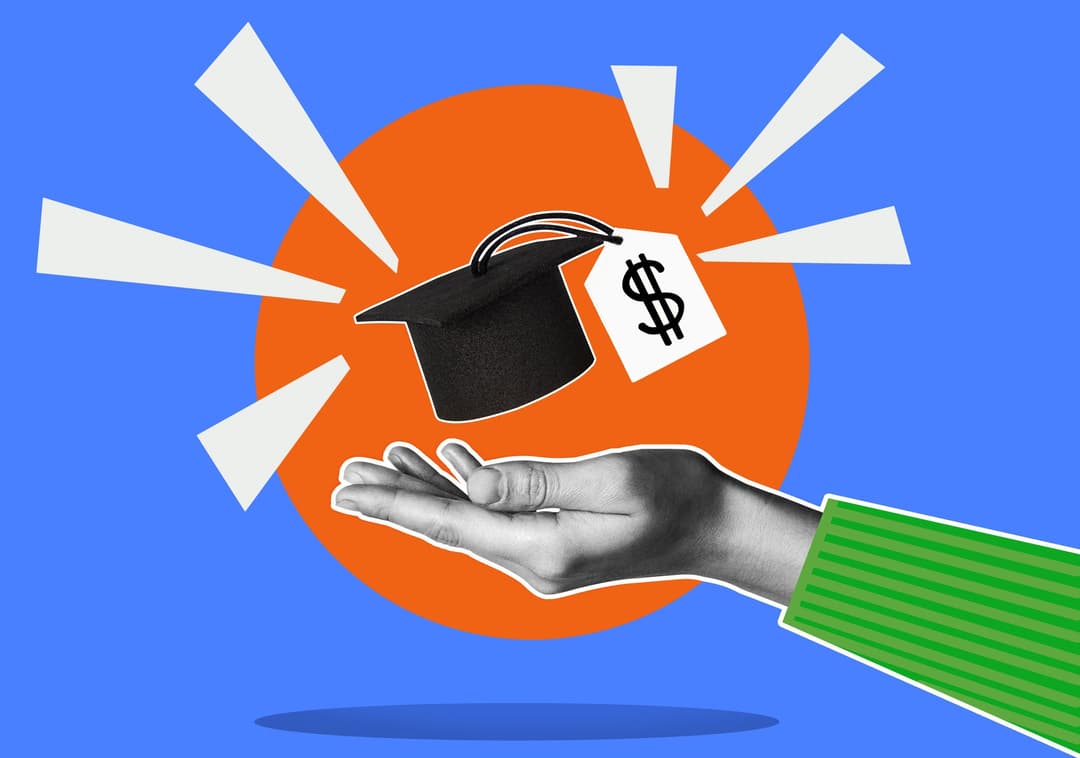
The Higher Ed Chatbot: A Smarter Way to Engage Digital-Native Students
Gen Z is the first generation to have online access to information and social media their entire lives. Unlike previous generations, technology is seamlessly integrated into the everyday lives of digital natives. In higher education environments, many Gen Z students prefer to seek answers online rather than have a live phone conversation with administrators. This trend provides ample room for chatbots to help institutions engage with students on their preferred channels.
There is no standard operating procedure for college students. Each individual has his or her own schedule of classes, studying, extracurricular activities, part-time jobs, etc. Students expect institutions to cater to these schedules and still be able to provide answers on demand at any time. Automated, intelligent chatbots can give institutions the ability to support 24/7, self-service access to consistent and accurate information.
How Do Chatbots Work?
Chatbots simulate and process human conversation, enabling individuals to interact with digital applications as if they were communicating with a real person. Depending on the application’s intelligence, a chatbot can do anything from answering simple questions, delivering assistance to complex tasks, or acting as a digital assistant to personalize responses. In many cases, digital assistants, sometimes known as virtual assistants, are more sophisticated and interactive chatbots that can even initiate conversation. Examples of digital assistants include Apple’s Siri and Amazon’s Alexa.
Intelligent chatbots use natural language processing (NLP), which means they can understand the context or the intent of a query and enable a more human interaction. Chatbots with NLP use artificial intelligence (AI) to learn from past conversations, mimic human conversation, and improve their ability to provide appropriate responses and solutions. As the technology evolves, many people believe that chatbots and digital assistants will become seamlessly integrated into our everyday experience.
Benefits of Chatbots in Higher Education
Because chatbots are accessible 24/7, they offer institutions the convenience of being able to answer students’ questions at any time. Chatbots provide a channel for institutions to direct students with redundant or commonly asked questions, reducing the load on administration and freeing time for faculty and staff to focus on more complex queries.
With chatbots, institutions can scale, personalize, and proactively engage students at the same time. When relying solely on human interaction, institutions can only serve a finite number of people at one time. With chatbots, institutions can help many people during high-activity periods. For example, an intelligent chatbot can be used as a channel to answer frequently asked financial aid questions as the FAFSA filing deadline approaches, which is a more efficient option than requiring individuals to call the financial aid office, leave a voicemail, and wait for a response.
There are myriad use cases for chatbots in higher education. In addition to answering simple questions such as “what is the deadline for…” or “where can I find…” chatbots are useful to enhance IT helpdesk support. Routine helpdesk issues can be resolved quickly or directed to the appropriate channel without human intervention, only elevating items that require live support.
Additionally, chatbots can help increase student or campus safety. With enhanced information flagging capabilities, intelligent chatbots can flag conversations to the appropriate authorities if an individual threatens self-harm or violence to others on campus.
Chatbots, like other applications and solutions that use artificial intelligence, will continue to evolve, become more interactive, and invite the ability to automate redundant tasks and free up human resources to work on more strategic or complex projects. In higher education, especially as institutions and students embrace online learning and remote engagement, chatbots can introduce a great opportunity to improve engagement with digital-native students.



